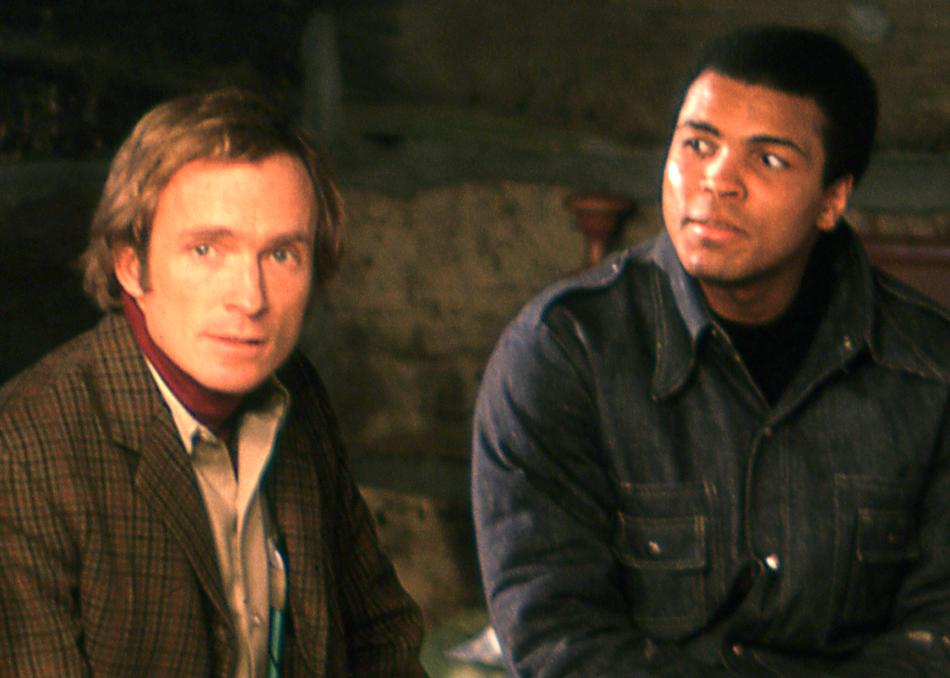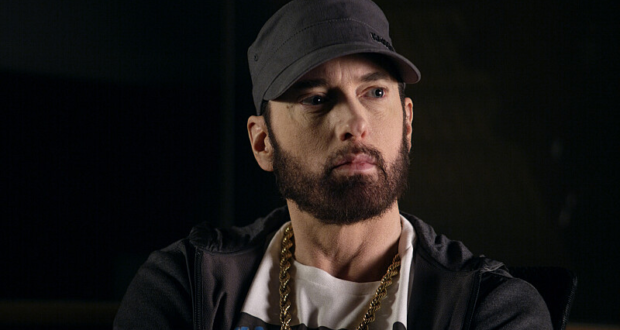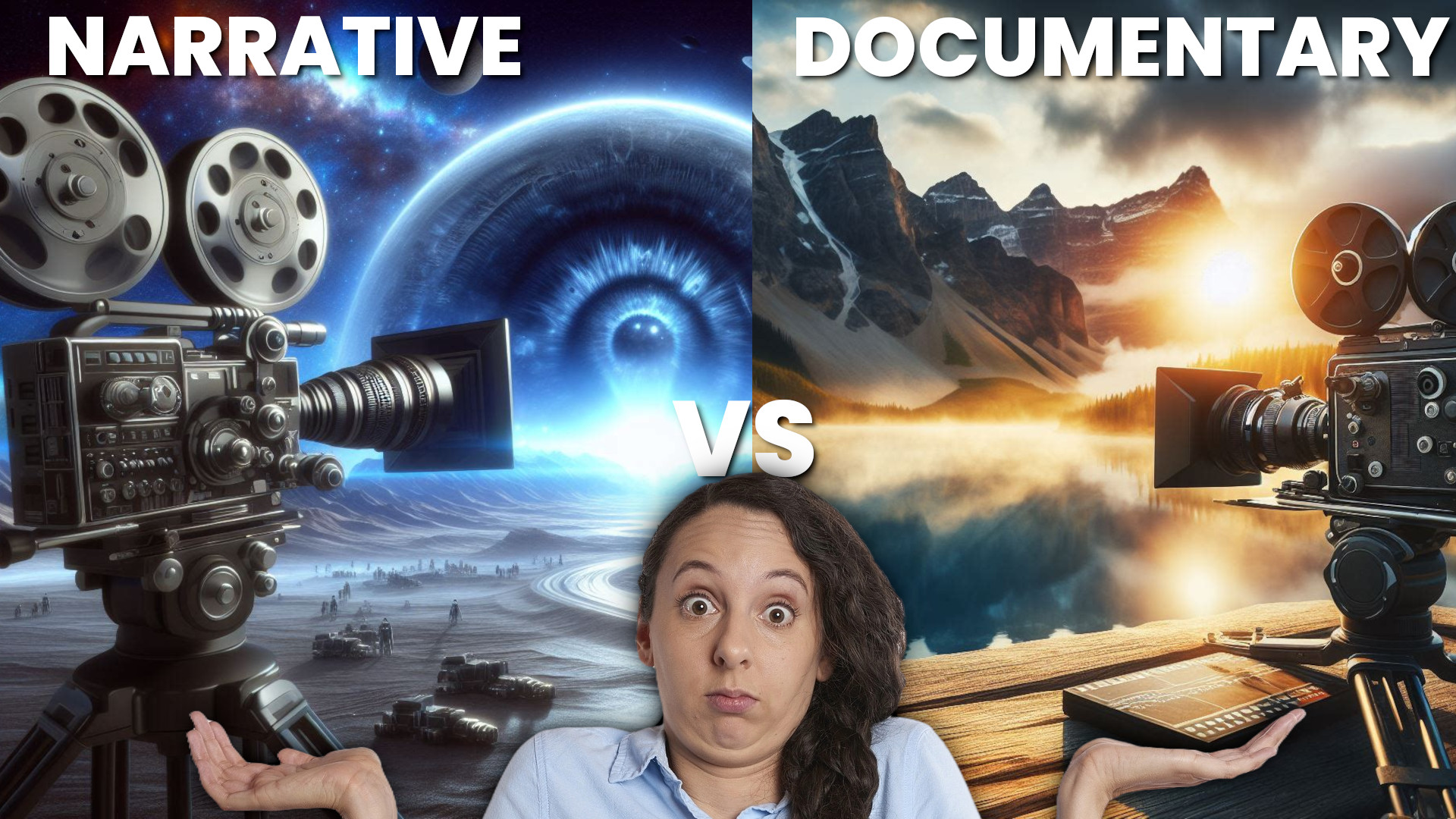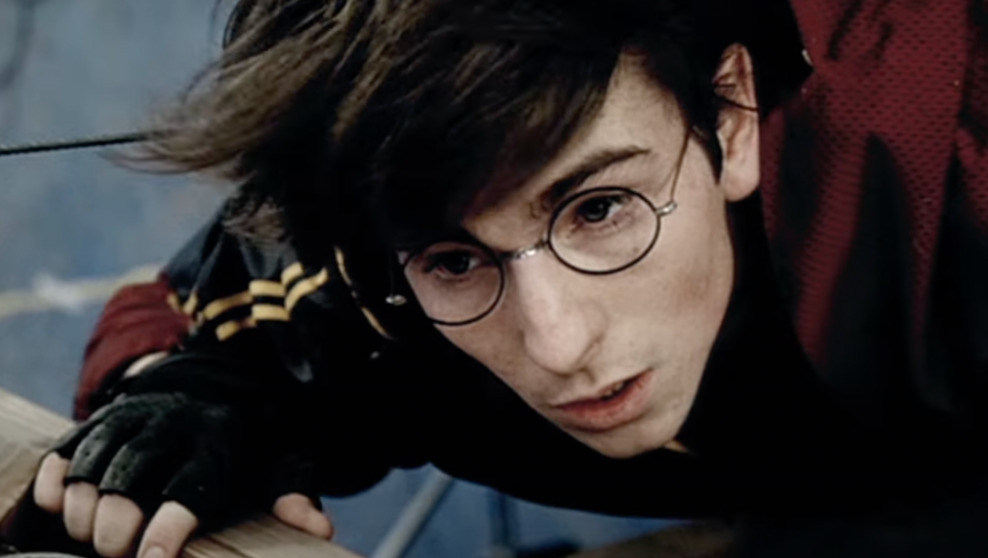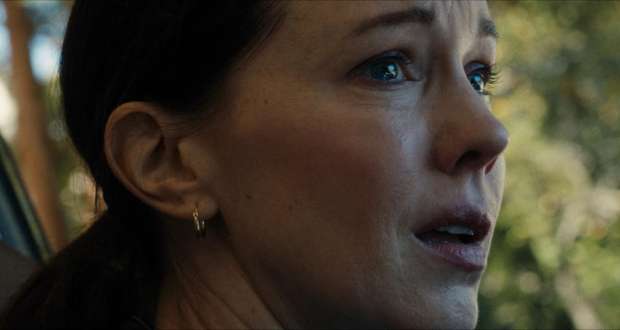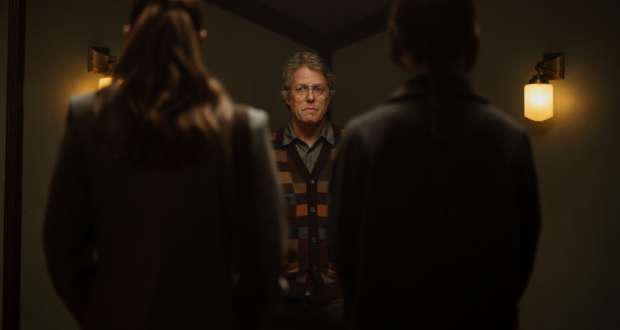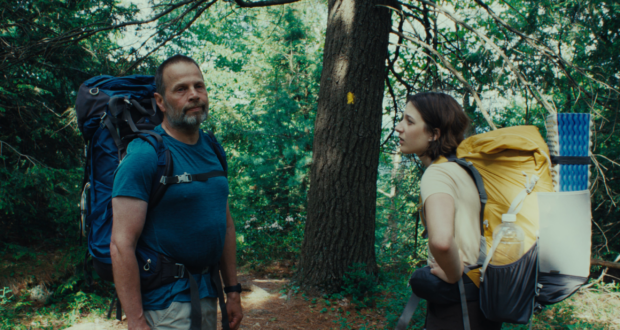Two documentaries showing at SXSW deal with the difficulty of being an athlete and hanging it up (i.e., retiring). Those two are “Time Trial” by Finlay Pretsel of Scotland and “Ali & Cavett: The Tale of the Tapes,” directed by Robert S. Bader. Cavett is 81 now and traveled to Austin with the documentary.
Scottish director Pretsal shot film of Scottish bicyclist David Millar’s final attempt to qualify for the Tour de France after a 2-year suspension for doping. It was shot, colorfully, from the point-of-view of the cyclist. We learn that Millar got his first road bike at 15 and, while he only wanted one win at the Tour, he has competed there 12 times.
Millar won in 2003, but was later shown to have used drugs. He was banned for 2 years for using EPC. He has felt himself a cheat since that time and this is a story of redemption.
Millar’s trial is Pelleton, a tough gig and, ultimately, Millar is cut from the tour by Charlie, the team leader, and we see him shedding tears in a moment of extreme vulnerability. I, for one, felt he had the look of a haunted man, and I wondered if Lance Davenport looks this way when you meet him.
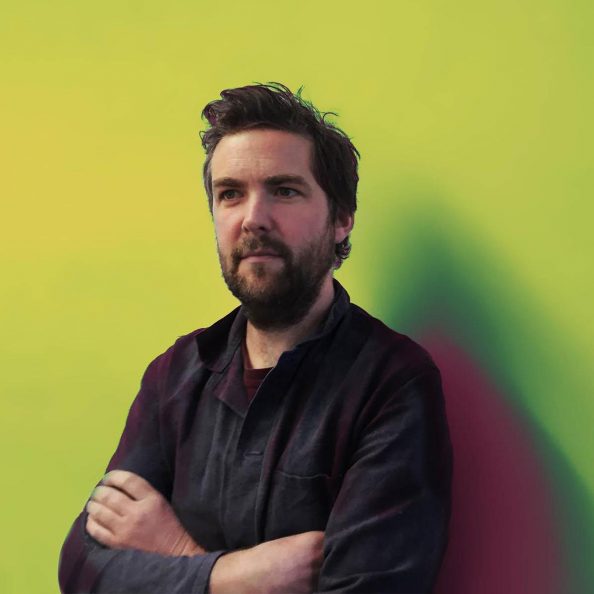
Finlay Pretsall, Scottish filmmaker of “Time Trial.”
The director of the bicycling documentary said, “I feel like I’ve had this in the back of my mind for many years. The only UK cyclist in the Tour de France—the best Scottish cyclist ever.” He did share with us that he considered the film to be capturing “this bizarre sport in a microcosm” and that the rest of the crew that Millar rode for was not that supportive.
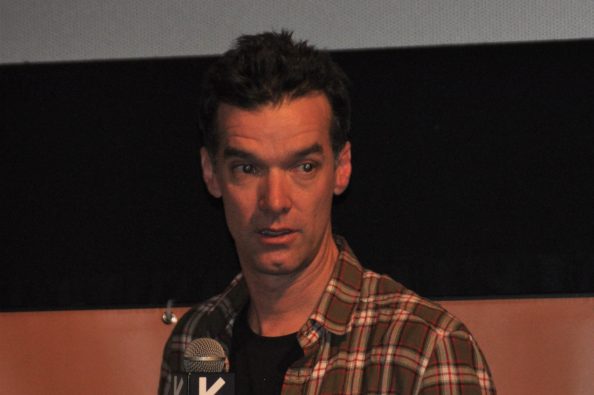
At the end of the colorful documentary, Pretsel was to take questions, but he was down the hall watching “Heredity” so the bicyclist, himself, got up and said, “Oh, well, I can talk about the film.” He was 37 when they shot the documentary and is 41 now. It was very late this night; Millar had the haunted look of a man who could benefit from counseling. He said, “I’m a very twisted human being.” He added, “I wish there was a film that existed of me winning.”
When I asked what he plans to do now, at 41, his cycling career over, he said, “I hope to do things that are worth telling stories about.”
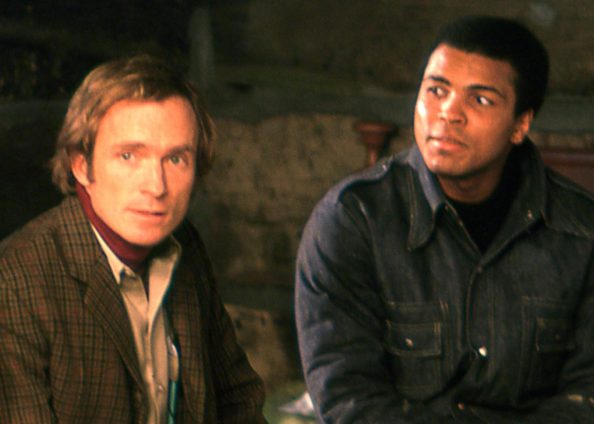
Ali & Cavett: The Tale of the Tapes
In the Dick Cavett/Muhammad Ali tapes we also see a champion—-the only fighter to ever to win the Heavyweight Championship crown three times—who is loathe to stop fighting when he should. All of Cassius Clay’s early history is portrayed, and then the documentary moves on to the friendship between Ali and Cavett that developed because, as Ali said, “You’re the only one who ever asks me on when I lose.”
After one particularly brutal beating, Ali’s cheeks are as round and bulbous as a chipmunk’s. He is a gracious loser, giving credit to the fighters who have bested him. He calls Cavett his “main man” and the two are shown at Ali’s training camp, where, at one point, Cavett even dons green trunks and dances around in the ring a bit.
There is also a notable tape where Joe Frazier and Muhammad Ali are both on Cavett’s show together and they literally pick him up, physically. All-in-all, the appearances, shown together like this, are like a time capsule of the sixties and the turbulent era of the Vietnam War, which Ali opposed. When Ali converted to Islam and would not fight in Vietnam, he was stripped of his title and lost years of his fighting career, after which he was no longer “floating like a butterfly and stinging like a bee.” I saw him on campus at the University of Iowa when he was not allowed to fight, and the Union was jammed with students like me who had come to hear what this icon had to say.
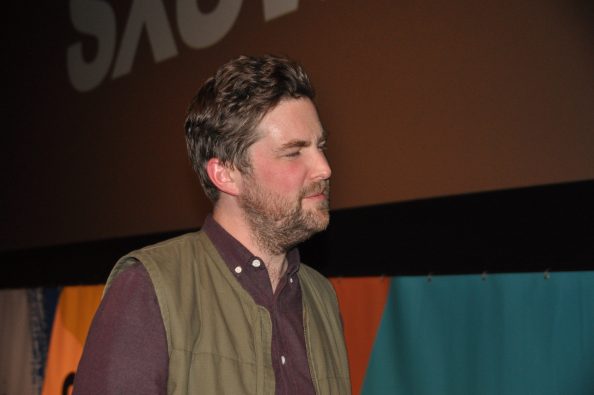
“Time Trial” director Finlay Pretsell at SXSW. (Photo by Connie Wilson for www.WeeklyWilson.com and www.TheMovieBlog.com)
Both films treat the difficulty of a pro athlete adjusting to hanging it up forever. However, regular human beings also have to hang up their cleats at some point, in terms of giving up their day jobs, jobs which have also defined them. The thing that helps make it more palatable for a professional bicyclist or a professional fighter has to be the tremendous paychecks some made during their heyday, not to mention the adulation of the crowds, which we see in both documentaries.
The downside is that a sport like boxing can doom those retired from it to diseases like Parkinson’s Disease, which Ali suffered from during the rest of his life. The film is a powerful argument for more stringent protection for athletes in all contact sports. The image of Ali lighting the Olympic torch, arm shaking visibly from the effects of the debilitating disease, is both touching and historic.
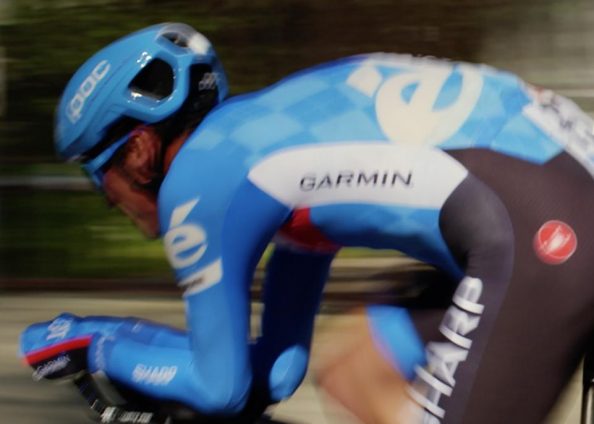
“Time Trial” with Scottish bicyclist David Millar.
I’d recommend the Ali/Cavett documentary to anyone who was alive in the sixties and remembers them, or to anyone who wants to learn what was happening in this country during that turbulent era.
